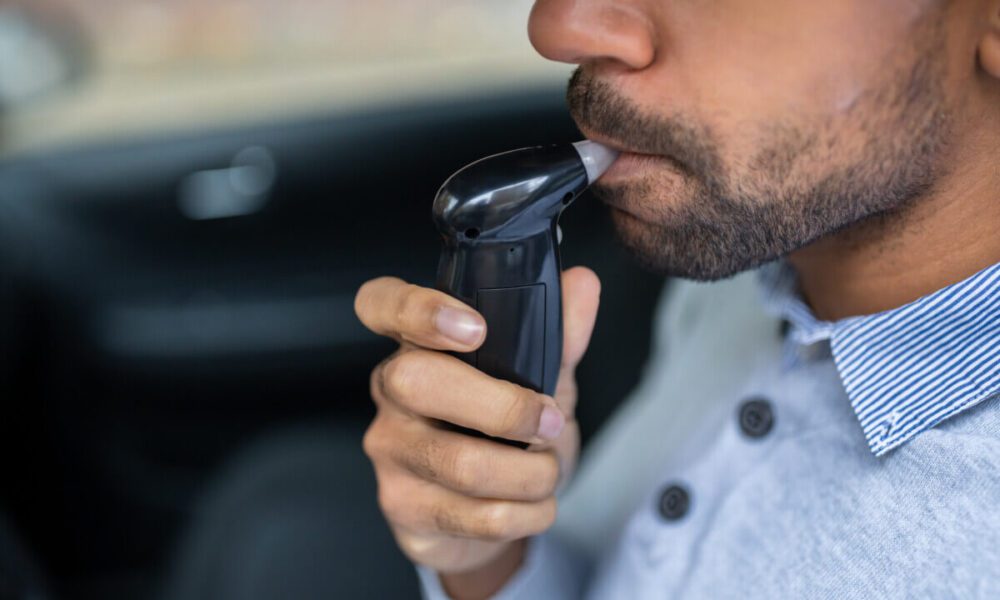Should You Take the Breathalyzer if You’re Stopped for DUI in Florida?

Being pulled over under suspicion of driving under the influence (DUI) is a high-stakes moment. One of the key decisions you may face is whether to submit to a breathalyzer (or other chemical) test when an officer asks you to do so. In Florida, the answer isn’t simply “Yes” or “No” — it depends on your case, prior history, and what you do next. But knowing the legal framework and risks will help you make a more informed decision.
This article is for informational purposes only and does not constitute legal advice. Consult a licensed DUI lawyer in St Augustine about the specific facts of your case.
The Legal Framework – “Implied Consent” in Florida
In Florida, when you accept a driver’s license and operate a vehicle, you are deemed to have given implied consent to a chemical test (breath, blood or urine) if law enforcement has probable cause to believe you were driving impaired.
Under Florida Statute § 316.1932:
- If an officer has reasonable cause to believe you were driving or in actual physical control of a vehicle while under the influence, you may be asked to submit to a chemical test.
- You have the right to refuse. But refusal triggers automatic administrative and legal consequences.
What Happens If You Submit to the Test
If you blow into a breathalyzer and the reading is .08 or higher (standard adult driver BAC limit), that is strong evidence for the state to pursue a DUI charge. The test result becomes a key piece of the prosecution’s case.
Submitting may help your DMV/driver-license situation: by cooperating you avoid the automatic suspension for refusal (though a DUI conviction still carries severe consequences).
What Happens If You Refuse the Test
Refusal is legal — you cannot be physically forced to blow in many cases. However:
- First refusal results in an automatic one-year driver’s license suspension by the Florida Department of Highway Safety and Motor Vehicles (FLHSMV).
- A second or subsequent refusal triggers an 18-month suspension, and prosecutors may bring additional misdemeanor charges for the refusal.
- A refusal can be used as evidence of consciousness of guilt in your criminal case.
Key Considerations: Deciding Whether to Blow or Not
Since neither answer is automatically “safe,” these are the factors you (with your attorney) should think through:
1. Evidence in the Case
- If your BAC is likely well above .08 (e.g., you know you had multiple drinks, or there is strong field evidence), blowing might secure a strong prosecution case.
- If there were weaknesses in the stop, field sobriety tests, equipment maintenance, or breath-machine calibration, refusal may give your attorney more leverage.
2. License & Driving Privileges
- Blow + high reading = standard DUI case and you’ll face criminal consequences.
- Refuse = you face a separate administrative suspension (even before the criminal case resolves) which can impact your ability to drive to work, school, or family obligations.
- If driving is essential (employment, childcare, etc.), that drives urgency to act quickly with counsel to explore hardship or restricted licenses.
3. Prior Record & History
- For first-time offenders, there may be more options (plea, diversion, negotiation).
- For repeat offenders or those with prior refusals, the refusal penalty plus enhanced criminal exposure make the decision harder.
4. Ability to Challenge the Prosecution’s Case
- If your attorney identifies serious defects (illegal stop, improper testing, defective machine, untrained operator) the refusal might help create a stronger defence.
- If the prosecution has strong evidence aside from breath results (video, eyewitness, crash, high BAC from another test), refusal may offer limited tactical value.
The Bottom Line
There’s no one-size-fits-all answer. The decision to blow or refuse a breath test in Florida affects both your criminal DUI case and your driver’s license/administrative status.
If you blow and it’s high: you give prosecutors a major advantage.
If you refuse: you face automatic license suspension and additional challenges in your criminal case.
What You Should Do If Stopped
- Stay calm, be polite, and do not fight or resist any lawful request (but you are not legally required to take field sobriety tests; you are required to take the chemical test only after arrest).
- Immediately contact a DUI defence attorney experienced in Florida law.
- Request and keep track of your 10-day deadline: in many refusal situations you have only 10 days from notification to request your DMV review hearing to challenge the suspension.
- Do not assume “I’ll just blow, it will be fine.” Very few DUI cases are truly “fine” especially if evidence is strong.
- Do not assume “I’ll refuse — I’ll figure it out later.” The administrative and criminal consequences will still follow.
Why Expert Legal Representation Helps
A Florida-based DUI attorney will:
- Analyze the legality of the stop (probable cause, timing, rights).
- Assess machine logs, calibration records, operator training for the breath device.
- Handle the DMV administrative suspension parallel to the criminal court case.
- Advise whether in your unique case submission or refusal is the optimal strategy (this decision is best made before you decide).
- Negotiate with prosecutors for reduced charges, diversion, or limited license when possible.
In a state like Florida, where DUI laws are aggressively enforced, and implied consent suspensions happen automatically, the stakes are high. One misplaced decision can lead to months without driving, significantly higher insurance premiums, criminal penalties and collateral impacts on your job, family and future.
If you or someone you know has been stopped for suspected DUI in Florida and you’re wondering whether to take a breathalyzer, the time to act is now. Contact an experienced DUI defense attorney who can evaluate your case, protect your rights, and view the breath-test decision through the lens of your overall legal strategy.




